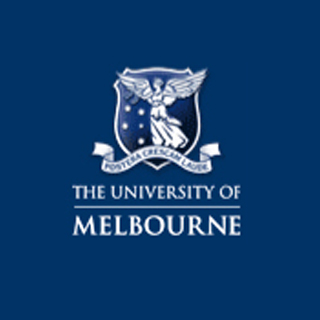
The researchers investigated transporter proteins which are identified to shift compounds around the cell. The genes for these proteins are apparently there in plants in addition to the malaria parasite Plasmodium falciparum called as clt and PfCRT correspondingly. So scientists applied the model plant Arabidopsis to expose that these proteins are said to usually carry glutathione, an antioxidant which is believed to defend the cell from stresses.
In the malaria parasite, this kind of transporter protein has apparently transmuted so that it no longer works generally. This facilitates it to get rid of the drug chloroquine from its cell and carry on living.
Plasmodium falciparum is claimed to be the most dangerous of the malaria infections being spread by the female Anopheles mosquito. It seems to have the maximum rates of impediments and death. Apparently it is also accountable for up to one million deaths for each year, generally children in Africa below 5 years. The development of drug-resistant Plasmodium strains, particularly those resistant to chloroquine, seemed to have had key influences on global public health. The economic toll is also apparently enormous with malaria infection supposedly killing over 1% of African GPD.
The research was headed by Dr Spencer Maughan who started investigating these genes in Prof. Chris Cobbett’s lab in the Department of Genetics at the University of Melbourne and included a global team from the Universities of Melbourne, Cambridge (UK), Heidelberg (Germany), Liverpool (UK) and Rothamsted Research (UK).
Dr. Maughan commented, “Our findings set in motion the chance of reclaiming the efficacy of chloroquine which could turn the tide on the war against malaria and ultimately may help save millions of lives. The transporter is normally essential to the survival of the malaria parasite and when mutated, provides the extra advantage of removing the drug chloroquine from its cell. We hope that understanding the normal role of the transporter in plants will be a key step in malaria research. Unlike in the plant, if the gene for the transporter is inactivated in malaria, the parasite dies, preventing more study into its role. The plant could therefore provide a useful tool in malaria research.â€
The expert further added that these results describe the first missing link in understanding this class of proteins and could provide a two-pronged treatment approach- preventing malaria removing chloroquine from its cell and enabling the design of new drugs based on the shape of glutathione.
The research was published in the PNAS.
